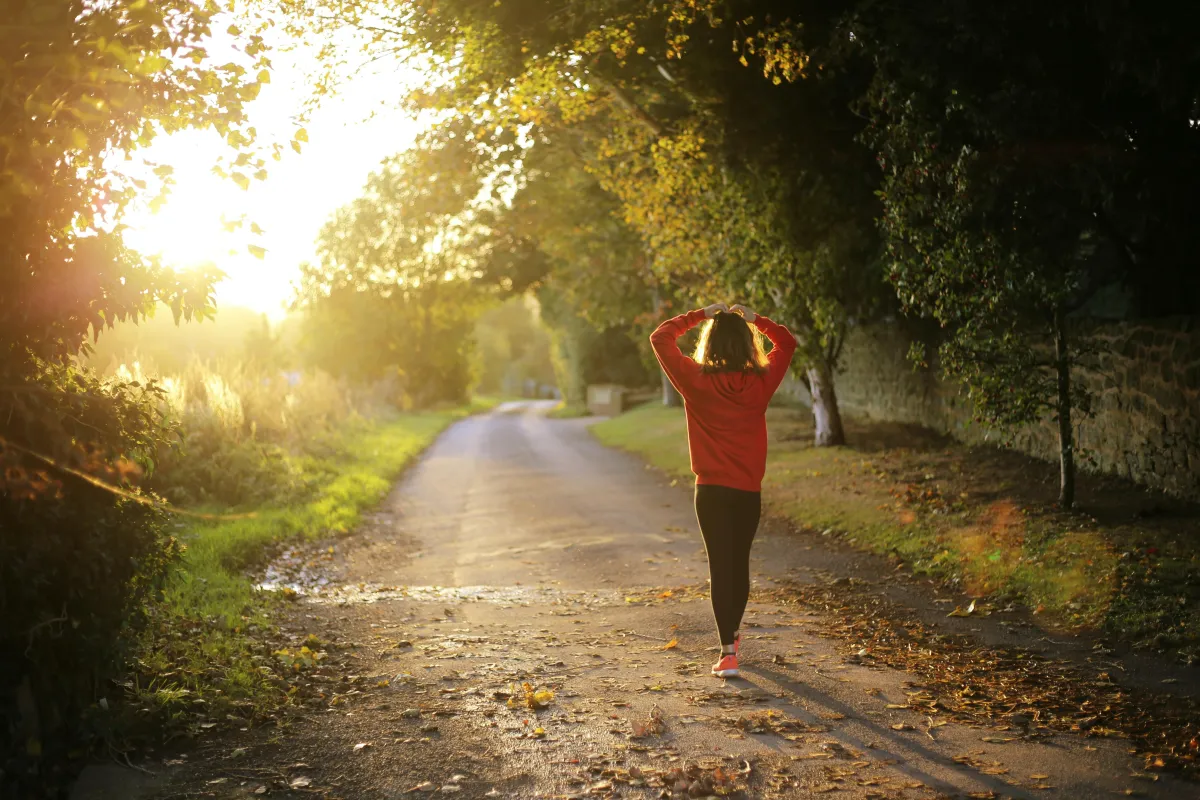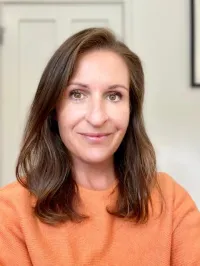BLOG
Case studies, how to's and so much more

How to change your life using your habits
"We are what we repeatedly do. Excellence, then, is not an act but a habit." Aristotle.
Habits - how 1% can make the world of difference.
40% of your actions are not conscious decisions but habits so making yourself 1% better each day can in the longer term make a huge difference to your everyday life.
More positive habits over time enable us to be more resilient and they help us to build evidence to suggest that we have the power within us with our daily choices to create a positive impact on our own lives.
Have you ever got into the car and set off on a journey and 10 minutes later you arrive at your destination but you don’t really remember the journey?
This is due to habit.
When you first start learning, it feels hard. You have to concentrate. You make mistakes but soon you can do it without even thinking.
Neuroscientists have traced our habit-making behaviors to a part of the brain called the basal ganglia. Decisions, meanwhile, are made in a different part of the brain called the prefrontal cortex. As soon as a behaviour becomes automatic, the decision-making part of your brain mostly switches off.
The brain sort of shuts down which is a great advantage as you can use your mental activity towards something else.
That's why it's easy to completely focus on the conversation that’s going on in the car instead of the road itself.
It also means that habits can be harder to break.
In order to do so, you need to learn the habit loop.
Cue, routine, and reward. The cue triggers the habit, the routine is the behavior itself, and the reward is the positive reinforcement that makes the habit stick.
Habits are malleable and many of them, no matter how ingrained they may seem to you, can be changed if you understand these three things.
Change the cue or the routine for a bad habit or work with the cue or routine to make a new positive one.
Make bad habits harder and more painful to do and make positive ones easier and simpler. This is the key to habit change.
How this works in theory.
I’d love to know any of the perceived bad habits you have. Please do email me them.
Let’s take going for a pint after work. change the cue - the route of your journey home and the routine and reward are no longer there.
Let’s take smoking as soon as you get into the car - change the routine - having lollies in the cigarette packet instead of cigarettes - the routine itself changes.
How could this work for new positive habits?
Say you want to walk for 15 minutes each day.
Pick something that you might do each day anyway so, shutting your laptop lid when you go and get your lunch. You could make this the cue or prompt to do the new behaviour - going for a short walk.
Taking an existing habit and adding a new habit directly after it is called habit stacking.
You want to get into shape for the summer.
You could take an existing habit - brushing your teeth and do 5 push ups after each time you brush your teeth.You brush your teeth twice a day so that’s 70 extra push ups a week.
Everyone wants a big transformation but what we fail to see is that the small things we do each day add up.
No matter how stuck in your ways you may feel, let me tell you a little
story about the power that positive habits can have on your life.
There are 2 friends.
They both walk past a Greggs each day on their way into work and pick up a sausage roll at a cost of 329 calories.
One friend decides that he’s going to stop his habit so picks a different route in. After 10.6 days, he’s lost a lb and in just under 5 months, he’s lost a stone.
He feels good about himself, his relationships have improved and he has more confidence. He starts to improve other areas of his life as he’s feeling so much better about himself.
Friend number 2 goes the other way. He’s struggling at work and increases his sausage roll intake to 2. He begins to put on weight. Things start to unravel as he takes his weight gain and uncomfortableness out on his colleagues. Then his relationship with his wife begins to deteriorate.
Do you see how just one small change can make a huge difference.
Let's see how habits and goals work together
Mentally - doing the 1% seems so much easier than achieving huge goals.
We need motivation to achieve a new habit and if this is too large a task, it can all feel too much so make the habit small. Just a 1% change each day.
Everest is 8849 metres tall. Massive right but could you take it a metre at a time.
Habits actually allow you to potentially overshoot the goal but you need to be consistent.
Say you give yourself a month to write a huge report you’ve been working on. However, if you make a habit of writing 500 words a day no matter what as soon as you sit down at your desk (the cue) , you could finish the report sooner than a month.
Find a goal that you want to achieve and break it down into it’s smallest parts then create a habit around them using the habit loop.
I'd love to challenge you to pick one small habit and stick at it for a month - this could be done as a team or with an accountability buddy. By being consistent in changing your habits you can reinforce a positive image that you have about yourself making you more resilient.
I'd love to know your thoughts on habits - good and bad.
If you enjoyed this, why not check out this blog on smashing boundaries here.
FREE DOWNLOAD
Want to re-program your mind for success?
Download my free 6 point guide to start making changes today.
© Copyright 2022 Outside Perspective
